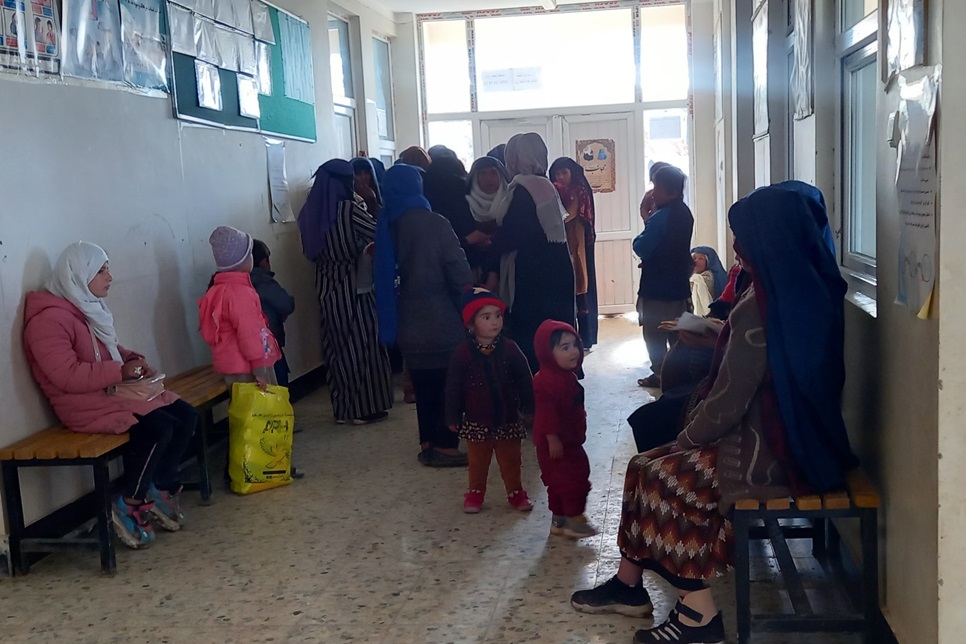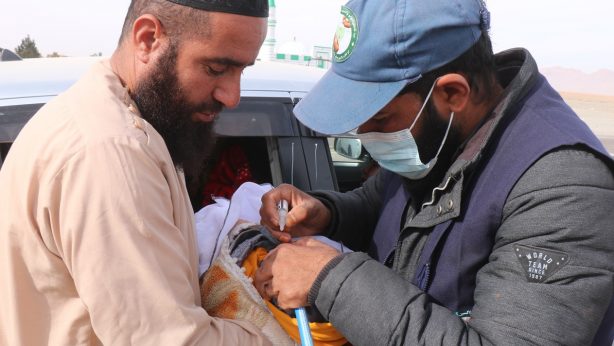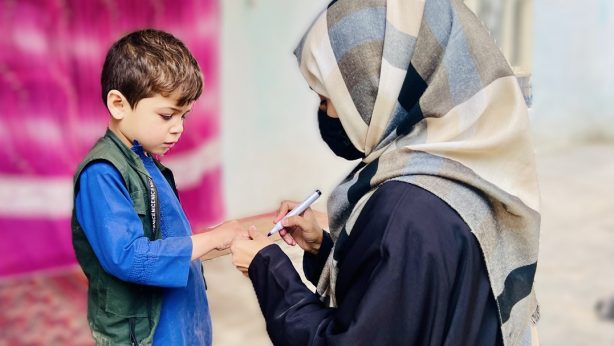Birth in Hospitals: An Effective Strategy for Protection Against Polio and Other Diseases

Rahmatullah Marjankhel
Ghazni, Afghanistan – Health experts assert that hospital births play a positive role in safeguarding newborns from polio and other dangerous diseases.
They emphasize that families should ensure expectant mothers give birth in hospitals so that newborns can be immunized against polio and other infectious diseases immediately after birth.
Dr. Mirwais Sahrai, a pediatric specialist at Ghazni’s civil hospital, notes that delivering babies in hospitals, rather than at home, is a vital step not only for the health of mothers but also for the safety of their newborns.
He added that newborns receive vaccines for polio and other dangerous diseases like measles, tuberculosis, hepatitis, tetanus, and more, as soon as they are born in hospitals. They are also given a vaccination card to track future immunizations.
He urges families to take expectant mothers to hospitals for delivery, stressing that this is crucial for both the mother’s and the child’s health.
He expressed concern that many mothers in remote areas continue to give birth at home, thereby missing essential vaccinations and critical health information.
 Health experts assert that hospital births play a positive role in safeguarding newborns from polio and other dangerous diseases © Polio Free Afghanistan/ 2024/ Rahmatullah Marjankhel
Health experts assert that hospital births play a positive role in safeguarding newborns from polio and other dangerous diseases © Polio Free Afghanistan/ 2024/ Rahmatullah Marjankhel
In both public and private hospitals across Ghazni, professional midwives are available to assist mothers during childbirth.
Dr. Sahrai advises families to utilize these facilities, warning that home births can endanger the lives of both mothers and their newborns.
Mawlawi Shirin Ahmad, a religious scholar from Andar district in Ghazni, remarked that vaccines, including the polio vaccine, are completely safe and exist solely to ensure the health and safety of children.
He added that safeguarding life is a fundamental principle in Islam, and any measure taken to preserve life holds great value in Sharia.
He further explained that vaccines serve as a preventive measure against deadly diseases like polio
Polio is a dangerous disease that can permanently paralyze children. Although there is no cure, it can be prevented through vaccination.
Public support is crucial for eradicating polio, and both health professionals and religious leaders stress the need for families to actively participate in polio vaccination campaigns.
If children miss these vaccinations, families should take them to nearby clinics to receive two drops of the polio vaccine.
Afghanistan remains one of only two countries in the world where the polio virus still threatens children’s lives. Therefore, it is imperative to use all possible measures to eradicate this dangerous disease.


